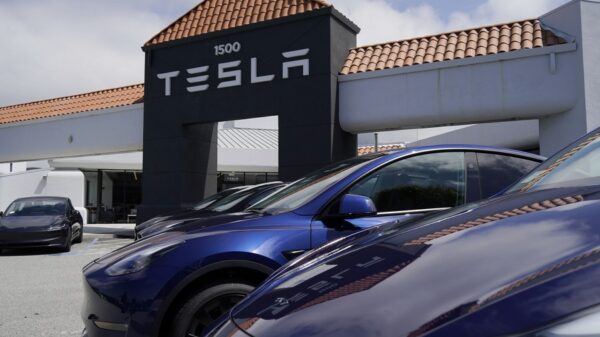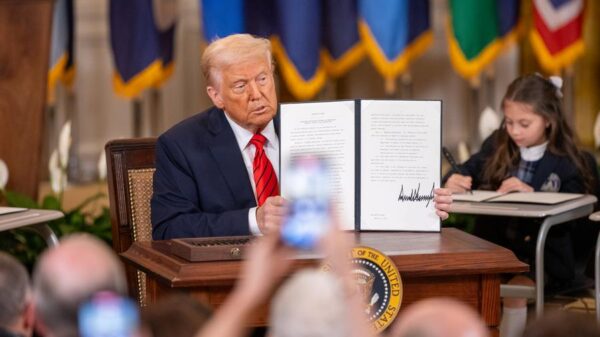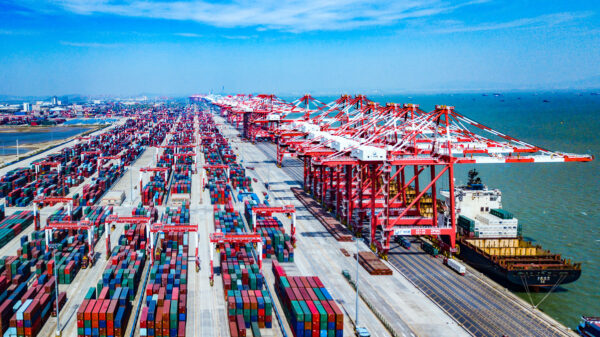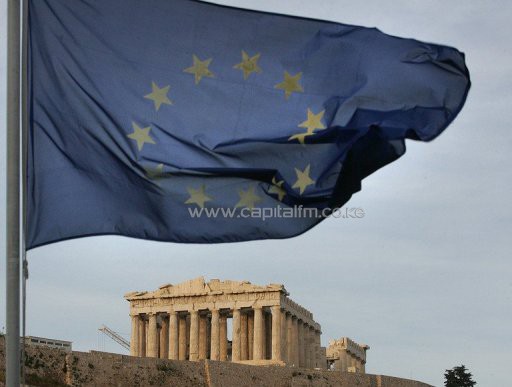The stakes are high. Italian elections last month saw a new anti-austerity party win a stunning 25 percent of the vote, a warning for austerity hardliners such as German Chancellor Angela Merkel who faces polls later in the year.
Unions aim to make the same point with protests Thursday just outside the summit’s EU headquarters venue in Brussels, where huge banners proclaiming “Austerity Pact, No! Solidarity Pact, Yes!” have been put up.
“Italy has made a lot of people think,” one EU official said.
The official, along with others, stressed the need for governments to get the public finances under control after years of overspending means nearly all EU members are in breach of deficit and total debt limits.
But austerity and belt-tightening cannot be the only response.
“You need to implement these plans carefully and with flexibility, otherwise there is no growth,” the official said. “If there is no growth for 10 years then you can’t pay back your debt … there is not much room for manoeuvre.”
A draft of the summit conclusions says that with no upturn this year and “unacceptably high levels of unemployment”, it is critical to support growth “as a matter of priority”.
Stabilising public finances must be done through “growth-friendly fiscal consolidation”, it adds.
“Hiding in this language is the idea that you can stretch the time (to meet deficit targets) a bit … while those in a stronger position can increase expenditure,” another EU official said.
Leaders will try to establish “what growth-friendly fiscal consolidation really means” in practice, the official added.
The issue is crucial for France after President Francois Hollande recognised Tuesday he could not cut the public deficit to the EU limit of 3.0 percent of gross domestic product this year, coming in instead at 3.7 percent as a weak economy exacts its toll.
Failing to meet the target leaves France needing another year of grace from Brussels, an extension it seems likely to get.
Meanwhile, German Finance Minister Wolfgang Schaeuble said pointedly he was “sure that France would, like us, respect the rules” on the public deficit.
Highlighting the difference between the eurozone’s two top economies, Berlin approved a draft 2014 budget with the lowest headline deficit in 40 years.
“Growth and (budgetary) consolidation are not mutually exclusive but rather they reinforce each other,” Schaeuble said Wednesday. “The confidence that solid state finances brings is the pre-condition for sustainable growth.”
EU officials said the 27 EU leaders will also discuss Cyprus, taking the opportunity to meet its newly elected president, but not make any decisions on a planned debt bailout.
That issue will be covered by a separate eurozone finance ministers meeting late Friday after the summit closes.
Leaders will also look at progress on a banking union plan agreed last year as part of efforts to bolster the euro and prevent any repeat of the crisis.
It is based on an already approved Single Supervisory Mechanism, plus a deposit guarantee and a winding up system for failing banks which need to be finalised by June to make further headway.
The second day of the summit Friday will review relations with the EU’s strategic partners, in this case Russia, where ties have been strained by Russian President Vladimir Putin’s clampdown on the opposition.



























